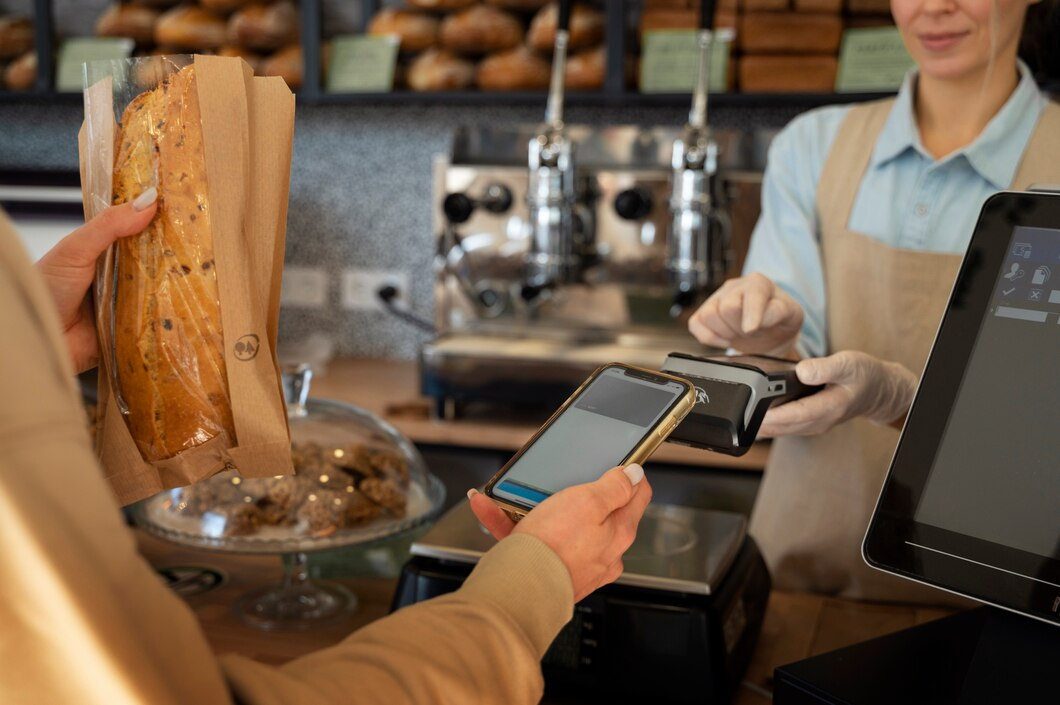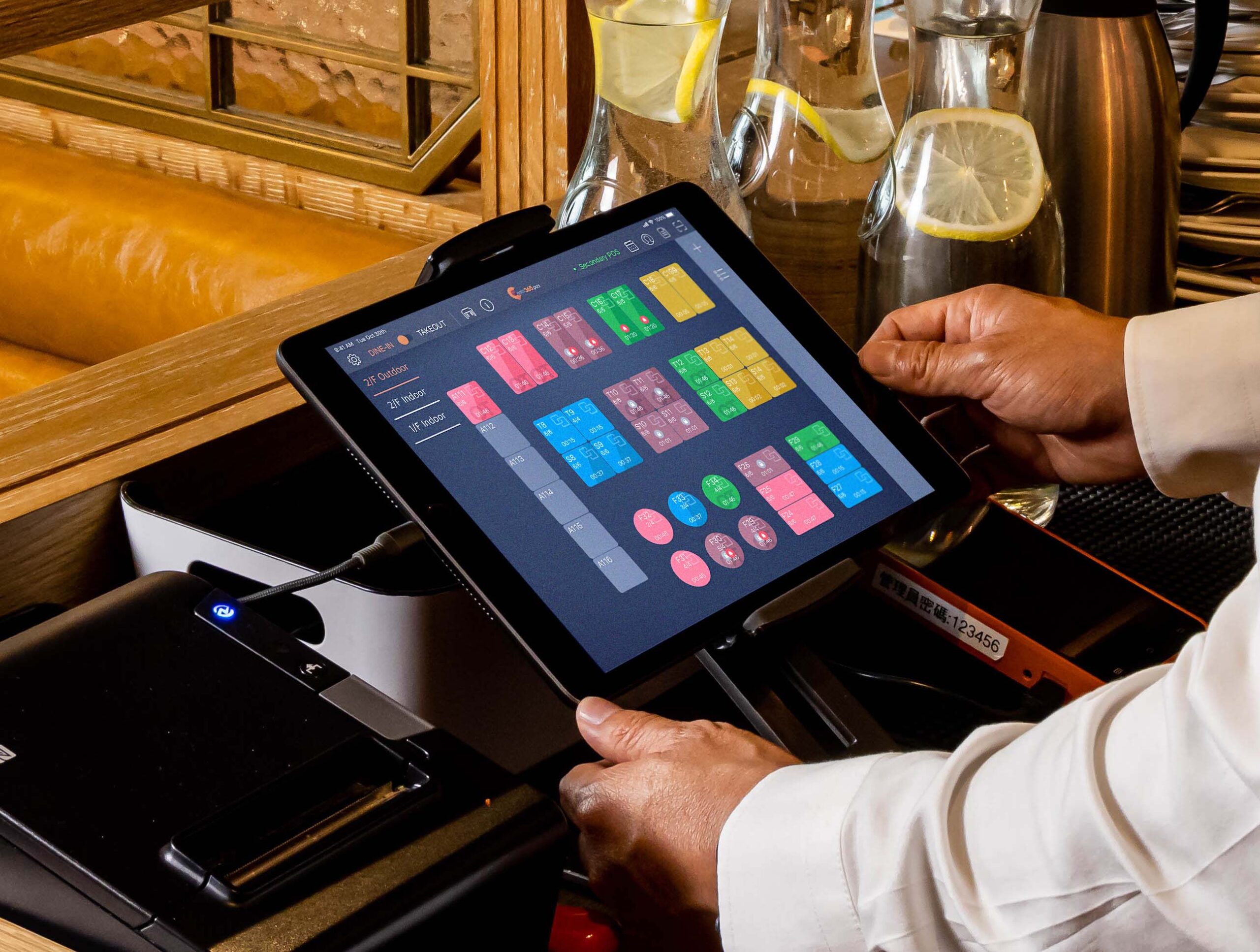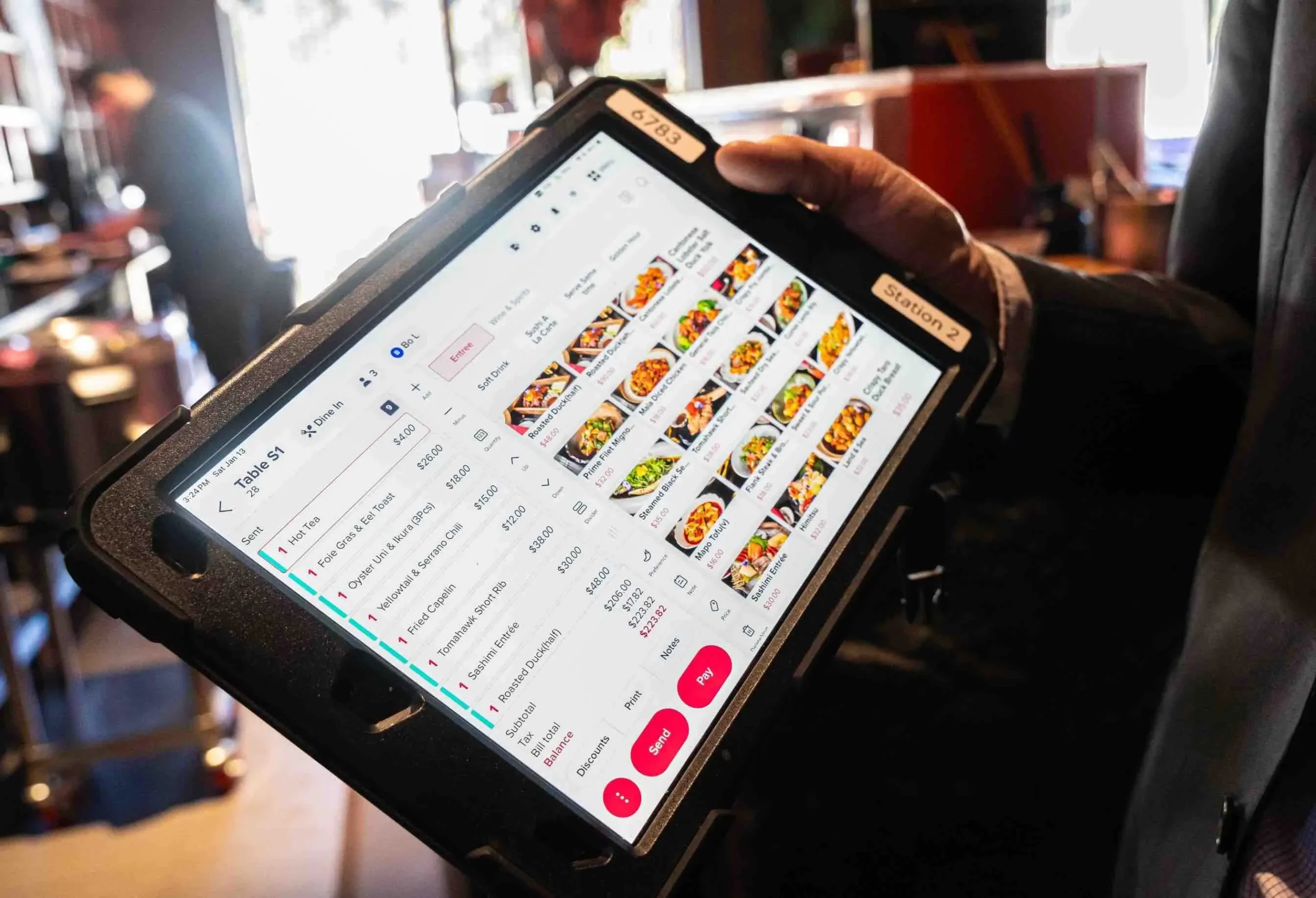The Hidden Costs of Not Using a POS System

Many business owners, especially small and medium-sized enterprises, hesitate to invest in a Point of Sale (POS) system, often citing budget constraints or a belief that traditional cash registers or manual record-keeping methods suffice. However, what they may not realize is that not using a POS system can actually cost a business more in the long run. From inefficiencies and lost sales to security risks and poor customer experience, here’s a breakdown of the hidden costs associated with not using a POS system.
1. Inefficient Inventory Management
Without a POS system, tracking inventory manually is time-consuming and prone to errors. Businesses may experience:
- Overstocking or understocking due to inaccurate inventory counts.
- Lost sales opportunities because popular items run out without timely restocking.
- Wasted resources when perishable goods expire due to poor tracking. A POS system provides real-time inventory updates, automatically alerts you when stock is low, and ensures accurate data to help you manage your products efficiently.
2. Higher Labor Costs and Reduced Productivity
Manually handling transactions, tracking sales, and managing reports demand additional employee hours. Without a POS system, businesses may need more staff to handle:
- Cash register operations and bookkeeping.
- Manual inventory checks and stock adjustments.
- Sales data entry and report generation. A POS system automates these processes, freeing up employees to focus on customer service, sales, and overall business growth.
3. Increased Risk of Errors and Fraud
Relying on manual methods increases the chances of human errors in pricing, discounts, and record-keeping. Additionally, businesses without a POS system are more vulnerable to:
- Cash register discrepancies and miscalculations.
- Internal theft, as employees can manipulate handwritten receipts or cash handling.
- Fraudulent transactions, including unauthorized discounts or refunds. A POS system records every transaction accurately, reducing fraud risks and ensuring financial transparency.
4. Poor Customer Experience and Lost Loyalty
Customers today expect fast, efficient, and seamless transactions. Businesses without a POS system may struggle with:
- Long checkout lines due to slow manual processing.
- Limited payment options, causing inconvenience for customers who prefer digital or contactless payments.
- Inability to track customer purchases and offer loyalty programs or personalized discounts. A modern POS system speeds up transactions, supports multiple payment methods, and allows businesses to implement customer loyalty programs that encourage repeat visits.
5. Lack of Data Insights and Poor Decision-Making
Without a POS system, businesses miss out on valuable data that can drive growth. Manual record-keeping makes it difficult to:
- Identify best-selling products and adjust inventory accordingly.
- Track customer preferences to create targeted marketing campaigns.
- Analyze sales trends and adjust pricing or promotions. A POS system provides real-time sales data, helping business owners make informed decisions to maximize profitability.
6. Lost Revenue Due to Pricing and Discount Errors
Without an automated system, businesses often face issues like:
- Inconsistent pricing across different locations or shifts.
- Incorrect discount application, leading to financial losses.
- Human errors in invoicing, causing billing disputes with customers. A POS system ensures uniform pricing, correct discount application, and accurate invoices, minimizing revenue loss.
7. Difficulty in Managing Multiple Sales Channels
Many businesses now operate across multiple channels, including physical stores, online platforms, and mobile sales. Without a POS system:
- Inventory updates don’t sync in real-time, causing overselling or discrepancies.
- Businesses struggle to provide a seamless omnichannel experience to customers.
- Managing orders manually across different platforms becomes overwhelming. A POS system integrates online and offline sales, providing a unified system for efficient business management.
8. Security Risks and Data Loss
Paper records and traditional cash registers are vulnerable to:
- Data theft or loss due to physical damage (fire, theft, or accidental destruction).
- Cybersecurity threats if manual data is stored on unsecured systems.
- Compliance risks, especially for businesses handling sensitive financial data. A cloud-based POS system ensures secure data storage, reduces cyber risks, and helps businesses comply with financial regulations.
Final Thoughts
While the initial investment in a POS system might seem costly, the long-term benefits far outweigh the expense. Not using a POS system leads to inefficiencies, revenue losses, security risks, and poor customer experiences—all of which can hinder business growth. In contrast, a POS system streamlines operations, enhances security, improves decision-making, and provides a better customer experience.






